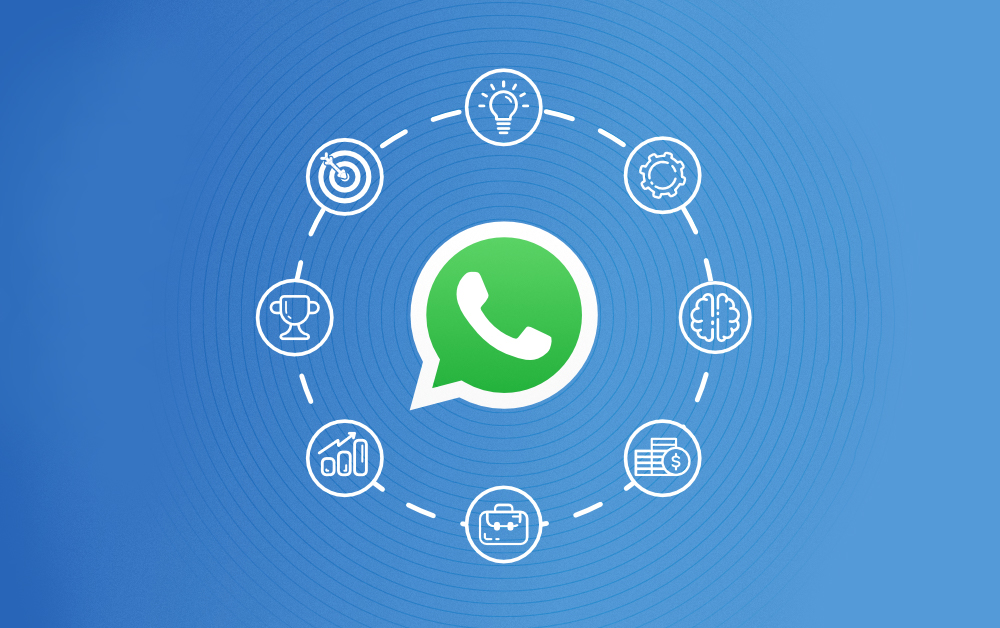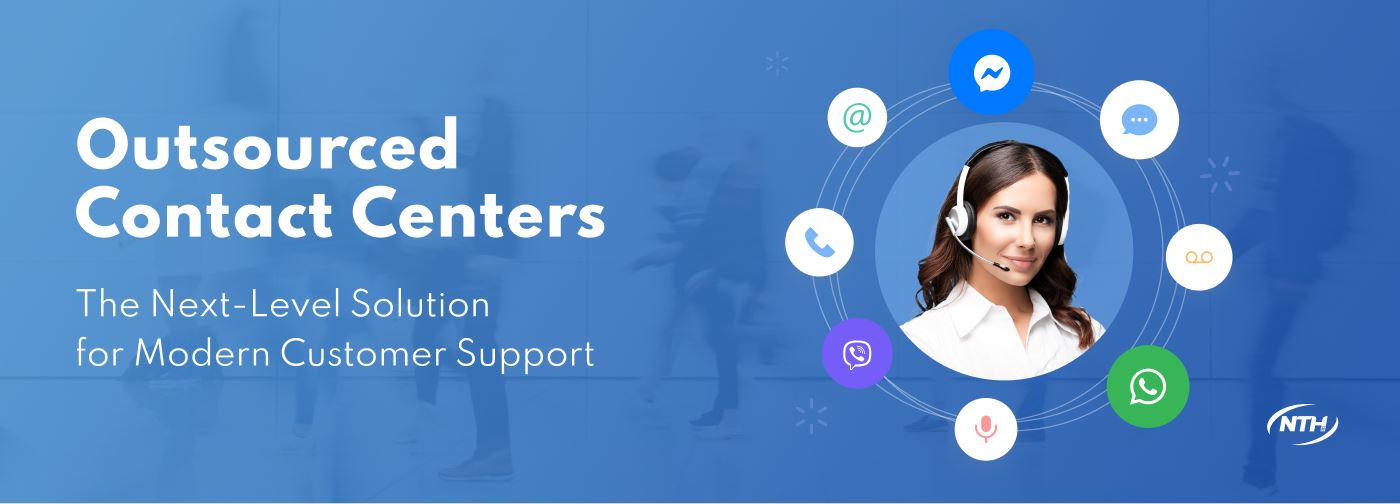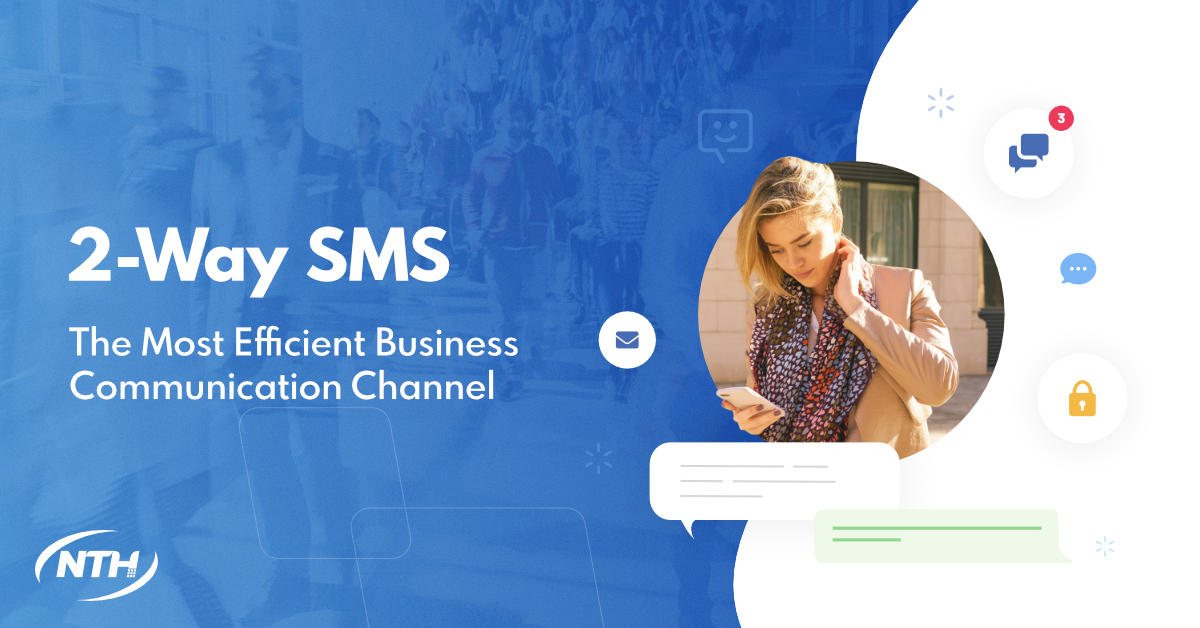NEUES AUS DER BRANCHE
Why Contest Marketing is the Most Efficient Marketing Channel
10.10.2022.
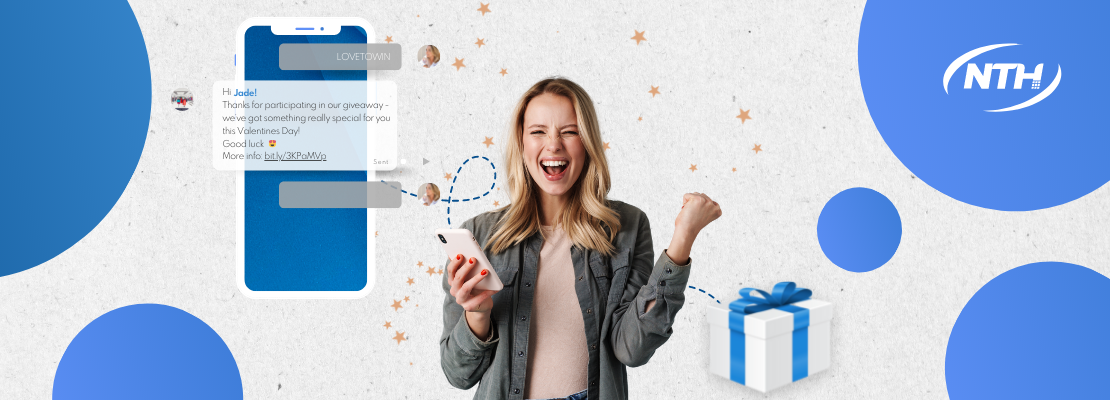
Understanding consumer behavior is of key importance for every marketer before implementing any marketing strategies. Have you ever wondered what exactly motivates consumers to buy? It must be the products’ value, cost-efficiency, and utility, right?
Wrong. Consumers are far less rational about their buying decisions than they’d like to think. Actually, they are rather clueless about why they buy a product and why they even love certain brands. Numerous studies showed that consumers have contradicting beliefs and attitudes towards their purchasing habits.
Emotions play a huge part in buying motivation, and most of items consumers buy are driven by the subconscious. It all comes down to branding. The human brain is wired to seek out mental shortcuts in order to avoid purposeful thinking. This is the core concept upon which brands are built—getting customers to remember and connect with a brand requires keeping them engaged and impassioned through every interaction.
Another important factor that drives consumers to buy is how well executed a marketing campaigns is. Since consumers prefer buying products from brands they are familiar with, an effective way of ensuring a brand stays in their minds is through repetition. It’s an effective method of ensuring a product remains longer in their subconscious, which is an essential way of raising brand awareness. Contests campaigns act as a reminder for a brand, but in a less intrusive way than advertisements.
Did you know that each of these brands run multiple contest campaigns (at least 3 or 4) throughout the course of every year?
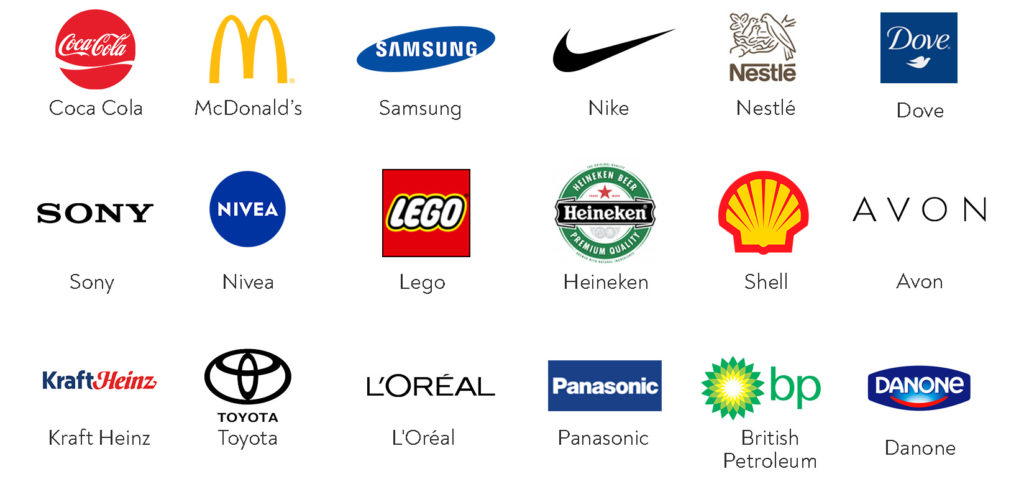
Contest marketing is one of the most powerful and efficient marketing tools for attracting interest to your brand and creating a buzz in the marketplace. A well-crafted contest marketing campaign can leave a lasting impression on the public, raise brand awareness and build loyalty. All of which has a boosting effect on sales in the long run.
What is contest marketing effective at, exactly?
Despite all the human advancement, the force that directs us to move forward is still our competitive drive. Competitiveness is one of the fundamental instincts of human nature. Everybody wants to be the winner! It’s really no secret that everyone strives to come across as better, faster, smarter, compared to others.
There are two crucial elements that determine whether a contest campaign will be a hit or miss:
- The simplicity of participation
- The value of the prizes
There was a time when customers, in order to participate in a competition, had to buy newspaper, make cut-outs, and mail them to companies—in hopes that the mail will even manage to get through. Long gone are those days. With the today’s rise of social media, a contest can pop up on your news feed, or on your phone, while the process you have to go through consists literally of making just a few clicks. The easier the participation is, the bigger the response is—as well as the amount of applicants.
Another major factor is the value of the prizes. Of course, if the prize is something which participants can largely benefit from, it’s more likely they will be motivated to participate. However, before deciding on the value, the campaign’s objectives should be defined clearly.
Either a prize will be a new car, a celebrity meetup, or a gift voucher, it will depend on the desired goals and the target audience of each campaign. In any way, it’s vital to offer a desirable item relevant to the brand’s product or service—as well as to strike the right balance between the cost and the maximum possible value of the prize.
What are the advantages of contest marketing?
A well-executed contest campaign can have long-lasting impacts on a business on many levels. It‘s cheap, simple, and it takes up little time for a brand to deliver it. On top of that, its upselling potential is one among the highest in the area of dialog marketing services.
Without doubt, an increase in product sales is the ultimate goal of a contest campaign, as much as it’s a tell-tale sign of its proper execution. A successful campaign has the power of attracting new users, reactivating passive current customers, and encouraging upselling—all of which are major drivers of sales.
To get a clearer picture, let’s observe a successful contest marketing example in action.
One of the Czech Republic’s largest brewing companies created a unique digital concept for a contest in order to commemorate its founding anniversary. As part of the campaign, customers were required to buy 3 products, upon which they received a code that allowed them to participate in short a quiz via Facebook Messenger—and compete for an award. The quiz was ran through a Chatbot, while the participants would give answers simply through typing a number. The campaign ended up being a success, resulting in a 36% remarkable boost in product sales, expansion in user base by 23% new users, and increased traffic to the brand’s Facebook page.
Are your users sleeping? Give them a good shake up.
Brands often use contests with the primary goal of enticing user engagement, and rightfully so. Contests have a high rate of customer response—Hubspot’s research revealed that every campaign results in a 34% increase in the number of new customers. However, contests are equally valuable for engaging previous customers as well. For that reason, it’s important for each brand to put an effort into maintaining a customer database, to make way for an easy path to reaching out to customers via direct response channels, such as SMS, email, mobile messaging, etc.
Get everyone and their grandma to hear about you (yes, she is on Facebook).
The impact contest marketing can have on ramping up brand awareness is also important. The internet is way overcrowded. Successfully cutting through the noise is a major hurdle. Contests offer a less invasive, yet still effective way of raising a brand’s visibility, compared to aggressive ads.
And they come with a major perk—its shareability value on social media. These days it’s not hard to imagine your customers sharing a contest with their friends, right?
People must trust us.
In addition to boosting brand awareness, contests also help increase brand loyalty. Regardless of whether you already have an established audience, or you’re still in the process of building, a chance to win a prize will motivate customers to stay trustful of your brand.
Gain valuable information about your users.
When there’s a chance to win a high-value prize, participants are motivated to give their information and give answers to questions. It’s a great opportunity to gather important data about users and gain a better understanding about your customer base.
For example, customers’ phone numbers and email addresses can be collected and used for reaching out to them in the future, as well as for learning about the interests and habits of an entire audience—all of which is crucial information for building marketing strategies.
What lies behind every successful contest marketing strategy?
Now, all of this sounds perfect. But if contests yield such good results with a little price to pay, why isn’t everyone running those campaigns all the time?
The reality is that developing an effective contest campaign isn’t all that simple. There are 7 factors that have a compounding effect on a campaign’s success rate:
#1 The concept of the contest
The concept of the contest is the key to its campaign’s success. Before realizing any aspects of the contest’s concept, it’s important to define the desired goals and expected outcomes. A campaign focused on rewarding current customers with special offers and discounts will be entirely different from a campaign aimed at promoting a new product. The general rule: the simpler the concept for the end user, the more successful the contest will be.
The two most commonly used types of contests are competitions and giveaways.
Competitions
Contest competitions are based on a basic concept—participants compete against one another in order to win a prize. A winner is decided based on specific winning criteria: who is the fastest, skilled, creative, or all at once. There are countless ways for implementing contests, and it’s right here when a brand’s creative gets the opportunity to shine.
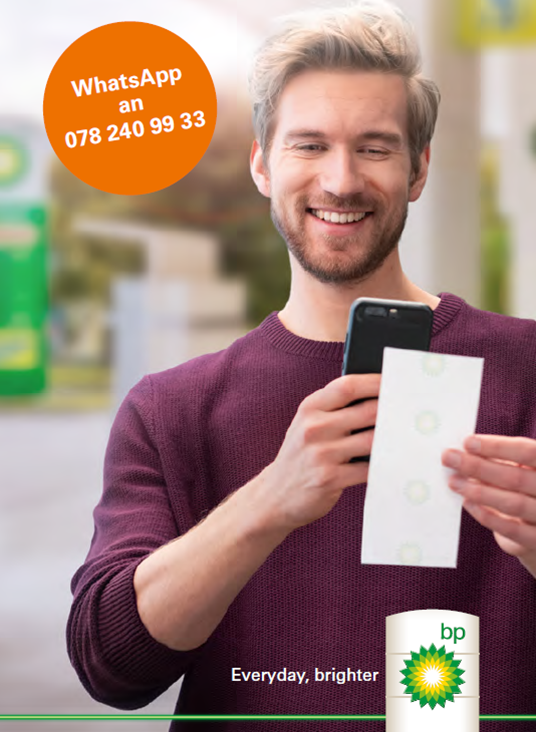
Giveaways
A giveaway is a type of contests where every participant gets the same chance to win a prize, and the winner is often chosen randomly. For example, a participant is required to answer a simple question via SMS. However, the entry requirements may vary drastically. In some campaigns it’s required to pay a certain amount for participation, while in others it’s necessary just to enter an email.

#2 Target audience
Who would be the ideal customer? Running a contest campaign without knowing your audience is like fighting a losing battle—defining buyer personas is a crucial factor in any modern marketing strategy. Establishing the audiences’ demographics, such as age, education, location, career, and lifestyle provides a solid foundation for building upon the following elements.
#3 Participation channels
Once the target audience is specified, the next step is to decide on the most effective channels to use for participation. Today there truly is no shortage of communication channels. Let’s name a few:
- SMS
- Chatbots
- Web forms
- Viber
- Facebook Messenger
- Telegram
- Push notification
Each of them comes with its pros and cons. For instance, SMS is an effective channel when it comes to general channel applicability, reach, and open rate. But, compared to Facebook Messenger, is more costly and comes with less content possibilities.
Choosing the most suitable channel entirely depends on the target audience and the campaign’s business goals—so it’s best to work over all the options during the contest concept definition phase.
Brand usually set up contests only through a single channel. However, for achieving a greater reach it’s desirable to include additional channels. An example of that would be adding a voice channel, which is a suitable way for engaging an older audience who has difficulties with typing. Another example is adding web push, in case the brand has its own website.
If you are interested in learning more about multichannel marketing and our related services, check out our Omnichannel Marketing Solutions.
#4 Creative direction
A staple of a successful modern market strategy, creative direction is a make-or-break factor for brands today. It’s a powerful, often overlooked tool which allows connecting with an audience on a deeper level. Successfully transforming a campaign’s concepts into finished visuals and copies, aligned with the target audiences’ preferences, will positively impact the number of participants—as well as attract new users to a brand.
#5 Contest promotion
Half of marketing is creativity, half is promotion. Once a contest is set up, it’s time to attract participants to enter with mobile and instant messaging online ad campaigns. Social media ad campaigns are the go-to promotional tool, although there are other effective methods. Here are some ideas: email campaigns, sharing on social media, and adding a CTA banner to a brand’s homepage.
When it comes to contests, building urgency among participants is an especially effective method. To them, a special limited-time offer comes across as motivation to act fast—in the sense that if they don’t take the offer right away, they will miss out on something valuable.
#6 Campaign management and result tracking
Putting all the efforts into a campaign is counterintuitive if you’re clueless about if it’s working at all. To make the most sense of any campaign—and identify the best options for future campaigns—it’s key to implement live campaign monitoring and keep track of conversion data in real-time.
#7 Legal and regulatory frameworks
Organizing contests can be legally demanding, and it comes with certain risks. In most countries it requires writing the Terms and conditions of a contest, and the approval from the body of authority (e.g. Ministry of Finance). In some countries lottery is considered a form of gambling and requires paying a fee in order to participate—even a license to run a campaign.
Sweepstakes, raffles, free prize draws, giveaways…the definition of each of these varies from country to country. Robust terms and conditions are a must-have, and navigating the legal landscape can cause many headaches—especially in cases when prizes are of high-value, such as cars. However, when carried out properly, international contest campaigns can have a highly rewarding impact on a brand.
Whew, that’s a lot actually. That’s why we’re here to help you develop your marketing ideas.
If you are a brand interested in running a contest campaign, you’re probably wondering now how to tackle all the mentioned steps. Luckily, NTH is a seasoned expert in contest marketing. With over 10 years of experience in running successful campaigns, we offer an all-in-one solution tailored for any brand. Our contest campaign package covers the following:
- Concept development and creative services
- Implementation through multiple communication channels
- Regulatory compliance
- Live campaign monitoring and marketing CRM
- 24/7 instant user support
- Online and offline campaign promotion
In case you are interested in consulting about your contest campaign plan, or finding more about our adjacent services, check out our Omnichannel Messaging Solutions for Engagement.

